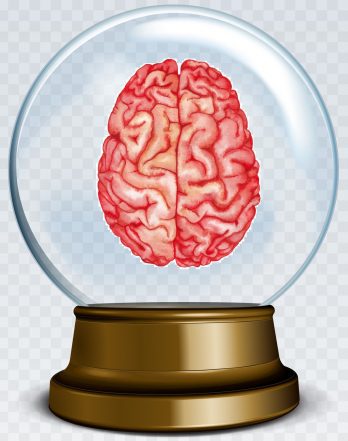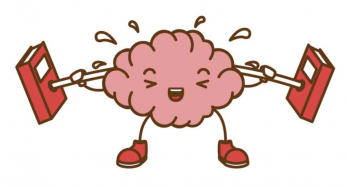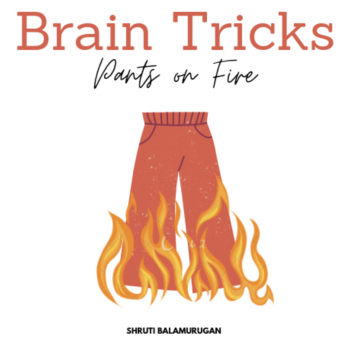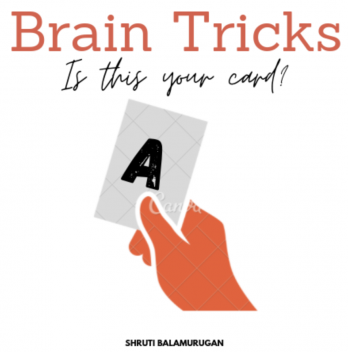It is a known fact that our eyes move faster than our brain is able to comprehend. Thus in order to compensate for this lapse, our brain has the remarkable ability to “predict” what our eyes will see next. Until recently, this phenomenon was largely unexplainable; however, research in the University of Scotland has determined how this process unveils, and how, in a sense our brain has the ability to work as a crystal ball.
Published in the Scientific Reports journal, scientists at the University of Glasgow in the United Kingdom had previously used functional magnetic resonance imaging (fMRI) and optical illusions to better understand what’s occurring in our brains when we see. As it is already established that our eyes transmit information to the brain through the optic nerve — a process known as feedforward input — the study particularly focused on brain feedback input, which is the neurological process where the brain sends information to the eyes. According to the study co-author Gracie Edwards, “Feedforward and feedback information interact with one another to produce the visual scene we perceive every day.”
The study utilized twenty seven volunteers; the fMRI focused on their visual cortex — the area of the brain involved in processing vision — while the volunteers viewed an optical illusion. This illusion entailed looking at two, stationery flashing squares; however, it appeared as though one square was moving between two locations. Results demonstrated brain feedback — they revealed that during the flashes, the visual cortex feedback updated to a new predicted coordinate; fMRI scans also showed that our brains simultaneously adjust predictions as our eyes move. These results were crucial, as they added to our existing understanding of neuroscience and the brain’s fascinating ability to predict future acts. To keep our vision “smooth”, our brain must foresee the location of a moving object; the study’s results allowed researchers to observe this mechanism directly.
Although this discovery is exciting by itself, the possible implications of it is even more exciting. For instance, knowing how the brain processes vision could eventually help us create brain-inspired forms of artificial intelligence. Currently, artificial intelligence uses a feedforward mechanism where it collects information and processes it in a main computer. However, it lacks a feedforward predictive mechanism. Incorporating this could unleash the gate to more breakthroughs in artificial intelligence, as well as allowing it to become more robust and flexible. Some experts warn that we should take a grain of salt with these discoveries, though; in other words, just because we could do something, it doesn’t mean that we should. Granting robots the intelligence equivalent to the human brain could lead to the beginning of the end for humanity.
Nonetheless, it is crucial to learn as much about the brain as possible, because in the long run, this knowledge could aid in treatments for brain injury or other neurological ailments. Our brain doesn’t work exactly like a crystal ball, yet, the fact that it could foretell objects seconds before our eyes glance at them is a testament to the power of the human brain, and the intricacies of the human body.
Author: Sareena Naganand



